for an Eco friendly society.
 | why green?The question is simple and the answer too, but to the inner depth it is a vital problem which may cause even the end of our planet. Human population is increasing day by day .The activities of the rapidly expanding human population create environmental problems that can upset the balance of the biosphere. Pollution and the destruction of the rainforest seriously threaten the future of life on earth.Our Workso let’s begin to accept our responsibility for the conservation of our planet for future.join our hands and begin to accept our responsibility for the conservation of our planet for future. So Go Green..Be Green...  SAVE EARTH |
Earth is in danger
Our planet is getting demolished due to
> GLOBAL WARMING
> DEFORESTATION
> MARINE POLLUTION
> OZONE HOLE
> ACID RAIN
> URBAN AIR POLLUTION
> USE OF CHEMICALS
GLOBAL WARMING: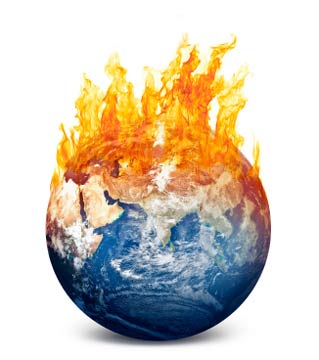
Carbon dioxide and certain other gases in the atmosphere act like glass in a greenhouse. They let the Sun’s ray through, but trap some of the heat which would otherwise be reflected back into space. The green house effect has always existed.
DEFORESTATION:
Forests are being felled
for timber and to create land for agriculture.
This reduces biodiversity (range and number of species),
leads to soil erosion, upset cycles, and contributes to global warming.
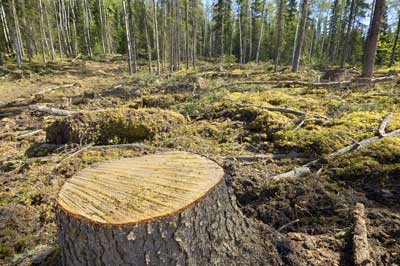
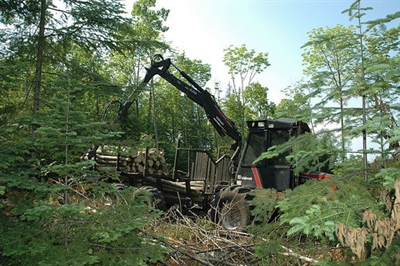
WATER POLLUTION :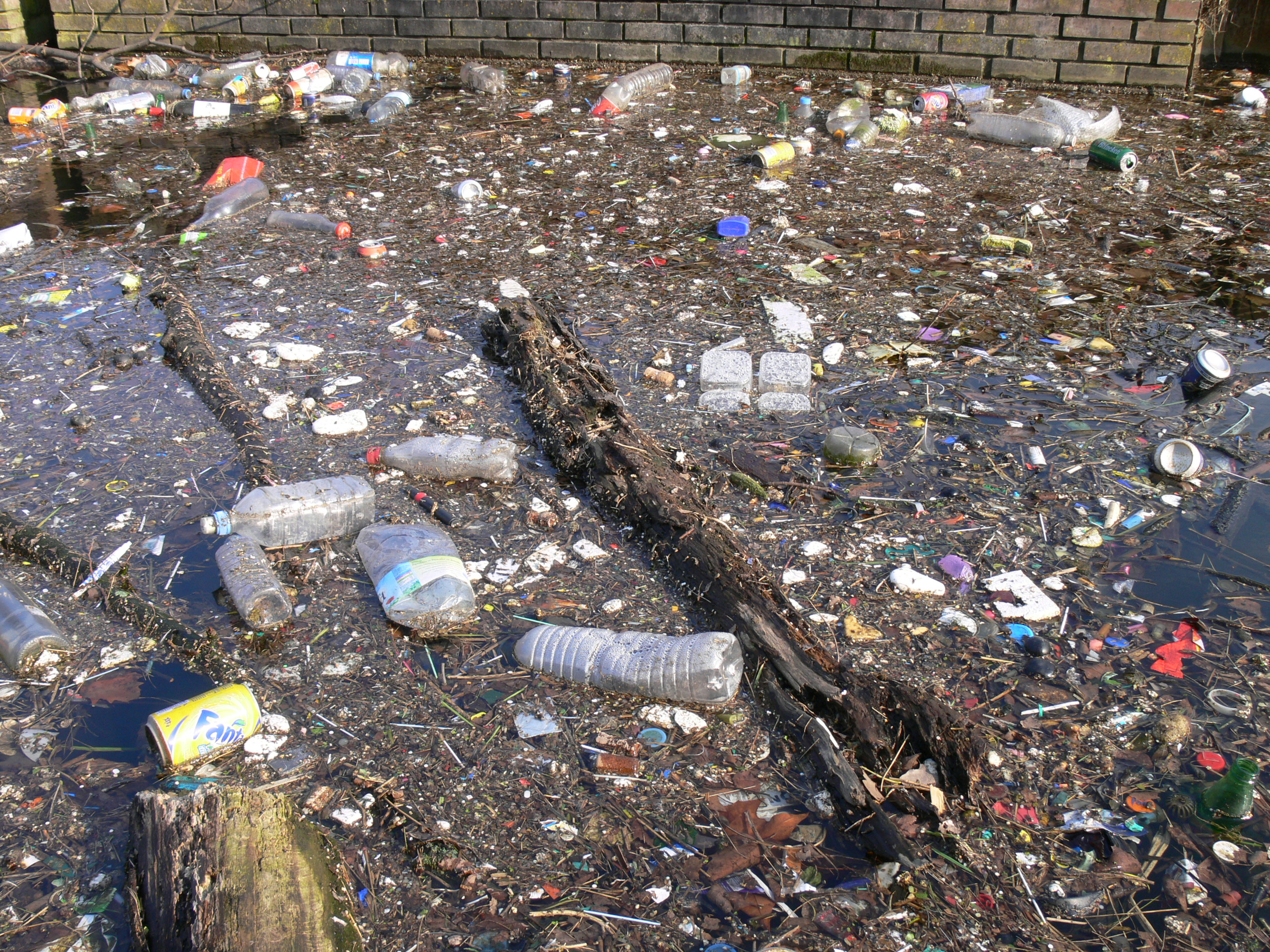
The water bodies such as rivers, sea’s, lakes, ponds ,etc are always been a dumping ground for human waste, but in the last century the amount of pollutants being discharged into the oceans increased dramatically. This pollution causes problems such as toxic algae, health risk to bathers, and danger to aquatic life too.
TOXIC WASTE:
One of the most serious effects of marine pollution is toxic (poisonous) algae. Chemicals from sewage discharges, fertilizers, and industrial waste nourish algae, causing a huge increase in their numbers and, consequently, the death of marine animals.
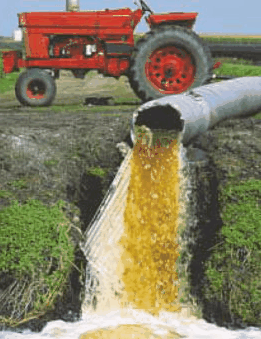
ACID RAIN:
Acid rain is caused mainly by sulfur and nitrogen oxides given off by power stations, industry, and vehicle engines. When these pollutants combine with water vapor, sunlight, and oxygen in the atmosphere, they create weak sulfuric and nitric acids. This mixture falls as rain increasing the acidity of lakes and rivers. These unfavorable conditions often cause a decline in the number of animals and plants.
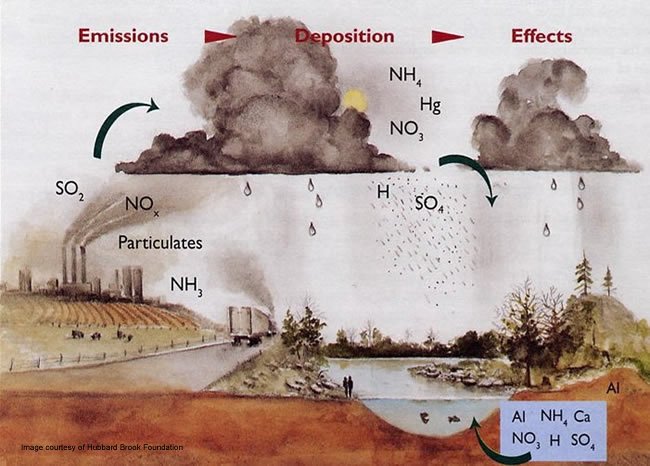
OZONE HOLE :
A hole in the ozone layer opens over Antarctica every spring. The main cause of the hole is the release of chemicals that destroy the ozone layer ,such as chlorofluorocarbon’s(CFC’s),into the atmosphere. The thinning of the ozone layer means that more of the sun’s ultraviolet rays can reach Earth, leading to an increase in skin cancers and damage to crops.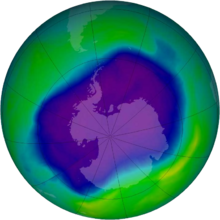
USE OF CHEMICALS :
The use of chemicals, such as those in pesticide and fertilizers, can interface with Earth’s natural cycles. For example, the large amount of nitrogen used n Farming can lead to pollution of the water supply.
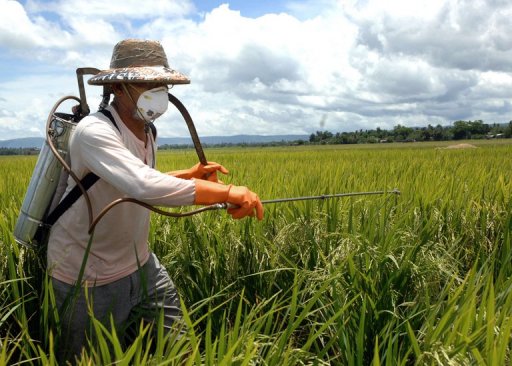
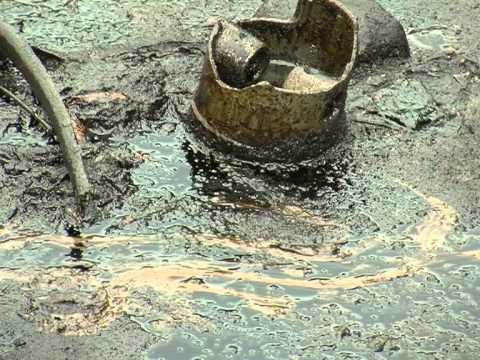
URBAN AIR POLLUTION :
In many large cities, air pollution caused by vehicles and industry has become a serious problem. It causes human health problems such as eye irritation, coughs, and asthma, and damage plants and buildings.
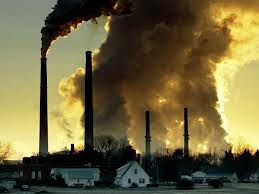
WASTING EARTH RESOURCES :
The world’s industrialized nations use a far greater proportion of the Earth’s resources than the developing nations even through their combined population is small. The richest 20% of the world’s population consumes 70% of world’s energy, 75% of its metals, 85% of its wood, and 60% of its food. Many resources are unnecessarily wasted: much of what people consume ends up on garbage dumps.

POPULATION GROWTH :
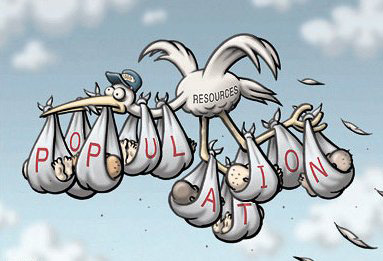
Population growth creates huge pressure on the Earth’s
resources.
HOW TO REDUCE THESE PROBLEMS...here comes the role of Greenz..
Its our responsibility for the conservation of our planet for future. Some of the steps towards the long term survival of our planet can be enhanced by
LIMITING POPULATION GROWTH :
Slowing down the population growth is one of the most important factors in saving the Earth’s diminishing resources. Ways include family planning and improving standards of living. (In many countries, a large family is seen as a secure source of income. Family planning measures that were introduced in Kerala, India, led to a 66% decline in the birthrate between 1983 and 1993.

HELP THE ENVIRONMENT :
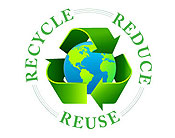
Use recycled paper and cardboard.
Avoid buying tropical hardwoods, such as mahogany.
When ordinary light bulbs are spent, replace them with
energy-efficient, compact fluorescent light bulbs.
Recycle plastics, glass, metal, and wastepaper.
Turn off lights and other appliances when not in use.
When getting rid of an old refrigerator, make sure that its CFCs are safely removed.
REDUCING URBAN POLLUTION :
Car pooling, using public transportation, bicycling, and walking all reduce Vehicle use in urban areas. Catalytic converters can help reduce pollution from cars. Encouraging online jobs also helps in reducing number of vehicles on the road. Usage of eco friendly electric vehicles helps a lot in controlling pollution.
CONSERVING HABITATS AND SPECIES :
Projects have been set up worldwide to conserve habitats and the species they contain. These includes the establishment of national parks and other conservation areas-more than 5% of the world’s land area is now protected.
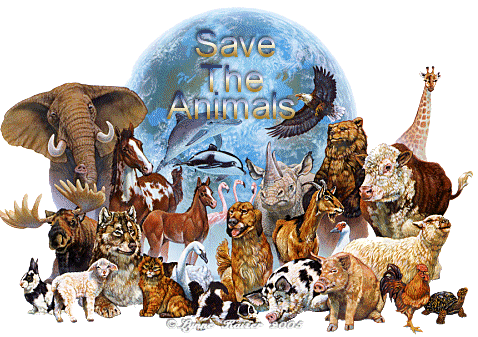
USING RENEWABLE ENERGY :
Fossil fuels will eventually run out. Meanwhile, their use creates pollution and contributes to global warming. Cleaner, renewable methods to generating energy are being developed, such as wind, solar, and tidal power. Some countries, including Norway and Brazil, already obtain more than half their energy from renewable sources.
REDUCING FIREWOOD USE :
Tree cover is being lost where large amount of wood are chopped for fire. Alternative more, efficient cooking methods are being introduced in some countries affected by this deforestation. In Kenya, where wood energy accounts for more than 75% of energy consumption, 180,000 jikos (charcoal burning stoves) have been distributed.
REDUCING POLLUTION :
Many countries are reducing sulfur dioxide emission to prevent acid rain and global warming. The EC has ruled that large fossil-fuel power plants must cut emission of sulfur dioxide by 60% by 2003. Ways of improving toxic waste treatment and disposal are also being explored. International treaties have been developed to regulate the dumping of waste at sea and to control the discharge of other pollutants into the oceans.
SAVING THE RAIN FORESTS :
Many initiatives have been introduced to try and save the remaining areas of rain forest. Practices that do not damage the forest, such as rubber tapping can be encouraged , together with trade in forest products such as spices, rattan, nuts, and medicinal plants. These products may be worth as much as timber.
